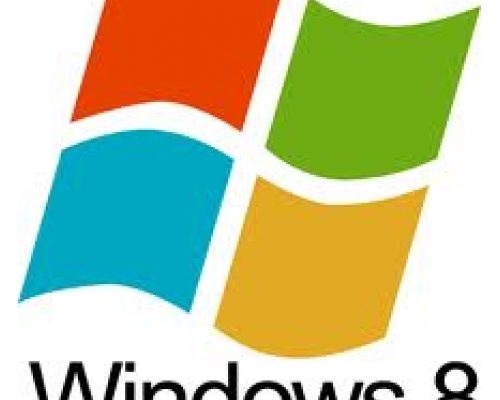Microsoft Windows 8 came into existence as the most feature-full edition of Windows platform ever released to the consumers across the globe. In fact, this edition has taken the experience of Windows users to a brand new level, which was never ever supposed by an end user.
If we prepare a list of the most upgraded edition of Windows OS released ever, Windows 7 is the name to be placed at the top. This proves that Windows 7 is the most loved and preferred OS ever released by Microsoft. However, Windows 8 brought a brand new experience to the users all around the world.
In spite of Windows 8 being the most feature-full Windows OS, many users still prefer and like to stick with Windows 7, no matter what. Therefore, in this post, I am discussing some key aspects that will enlighten you about whether or not you should upgrade to Windows 8.
Why You Should Upgrade to Windows 8
While using Windows 7, many users are confused whether they should upgrade to Windows 8 or not. Well, I would say that you should go for an upgrade, in case you do not use your PC very often. You are advised to upgrade to Windows 8 if you do not have to do professional work on your PC. In case you are planning for upgrading your workplace’s PC, the employer may not allow you to do it, as the OS is not as user-friendly and easy to use as Windows 7 is.
However, from the data safety perspective, everyone should upgrade to Windows 8 as it provides features like File history which prevents data loss situations from taking place in your computer. Once the data loss situation strikes to your Windows 7 or older PC, you’ve no alternatives other than using data recovery software to scan and recover lost, deleted or formatted data.
Let me highlight some of the features of Windows 8 that fascinates you and you may upgrade to this edition of Windows.
- Quick Startup
In a formal comparison between Windows 8 and Windows 7, it is observed that Windows 8 boots considerably faster than Windows 7. The time taken by Windows 8 to boot as recorded was more than twice lesser than that Windows 7 takes. Moreover, it was also observed that Windows 8 OS booted even faster that Mac OS X while running in Boot Camp on a Mac machine.
- Brand New Apps
Windows 8 brings thousands of brand new apps in Windows Store – a collection of both free and paid apps for Windows 8 platform. Many of the apps available in the Windows Store require the Internet connectivity to function, while most of them are independent of the Internet connection. Running these apps requires opening Windows Start Screen that also shows relevant information. In contrast, Windows 7 does not have any such formality to do.
- OneDrive Integration
Microsoft Windows 8 provides you with OneDrive (earlier SkyDrive) integration for cloud storage, which is necessary for almost everyone today. People have massive amounts of data that require equally large storage space for trouble free data management. Microsoft facilitates its OneDrive cloud storage facility directly accessible from your Windows 8 PC. Well, though OneDrive is also accessible to Windows 7 users, they have to do these settings manually.
Why You Shouldn’t Upgrade to Windows 8
If you are happily using Windows 7 for your everyday work, including personal and professional both, then you may not find even a single solid reason to upgrade to Windows 8. However, you cannot deny Windows 8 bringing so many fascinating features, including the eye-pleasing GUI. In case you do not have any issue with your current Windows 7 OS, but you are confused whether you should go for an upgrade, let me help you a little by reminding you some awesome features of Windows 7, which may prevent you from the upgrade.
- Windows 7 is an Ultimate OS
After using Windows 7 for a long time, you must be familiar with the platform, such from where you can enable/disable a particular feature, install and uninstall applications, and the like. All of the applications you have are compatible with Windows 7 and run smoothly. However, they may not be compatible with the new platform. Sticking to Windows 7 will also avoid the headache of learning new things. This will also avoid the odds for mishaps.
- Need to Learn New OS
Upgrading to Windows 8 will require you to learn so many new things that are not available in your current OS. Windows 8 lands you on the Start Screen instead of the desktop. This causes a bit of confusion about where to access the things. On upgrading to Windows 8, you have to learn all the things you have never seen on a Windows platform. Such a long list of features that you must learn includes the new way to shut down your PC.
- The Touch Interface
Windows 8 is specially designed for touch-screen based devices, though it is compatible with the devices operated with a mouse and a keyboard. In case you are not ‘used to’ of touch-screen based PC, tablet, or a like computing device, upgrading to Windows 8 running on a touch-based PC or laptop is going to be painful. Every time you need to open a file/folder or run an application, you must be tapping the screen around, which is not as easy to use as operating the same things on Windows 7 are.
Well, I have discussed some points in favor of Windows 8, while some not. You have to decide on your own whether you want to upgrade to Windows 8 or still want to stick with Windows 7, based on your priorities.
